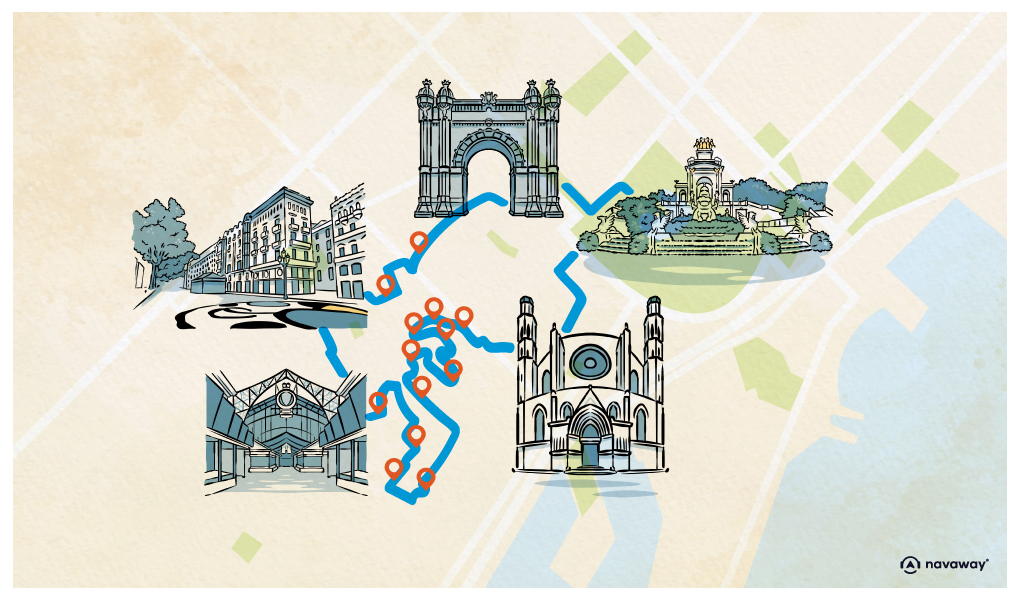
Plaça Sant Felip Neri
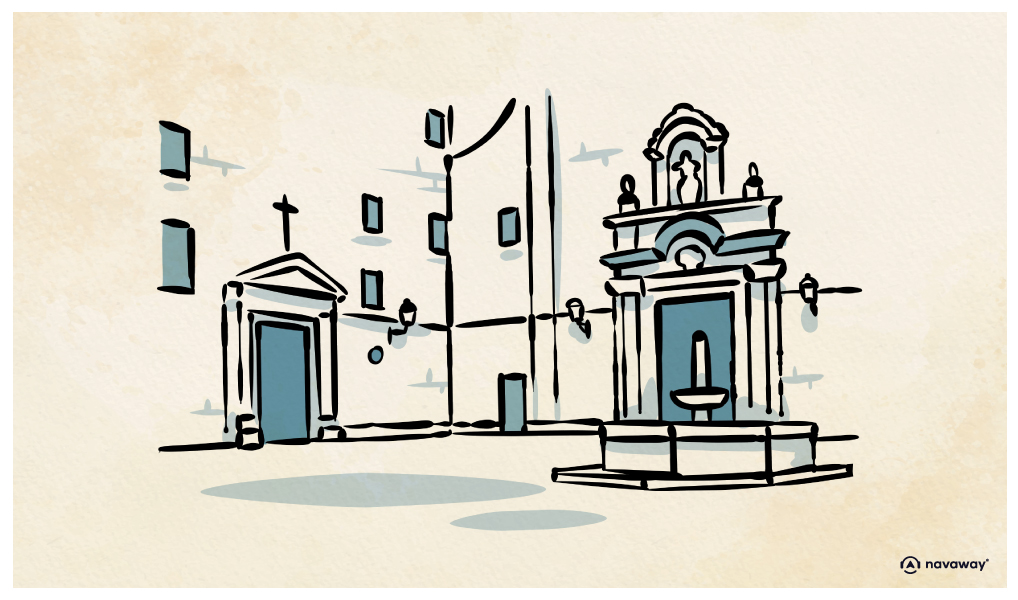
This point of interest is available as audio on the tour: Visit Barcelone, The beautiful Catalan capital
Welcome to the small Plaça Sant Felip Neri — a secret, peaceful square tucked away in the bustle of the city. A rare example of Baroque architecture in Barcelona, it’s named after the church that presides over it. Built in the 18th century as an annex to the Oratory of Saint Philip Neri, a congregation of priests, the square sits on the grounds of a former medieval cemetery, known as the “cemetery of the condemned”. Those sentenced to death were buried here, along with some of the executioners themselves. In the 17th century, the Black Plague raged through Barcelona, killing many citizens, and the cemetery was nicknamed the “Pit of Nazareth”. At the centre of the square, there’s an octagonal fountain. A statue once sat at the top, but it was stolen in 1963, a year after the square’s inauguration. The city replaced it — but the new statue was also stolen. Eventually, they gave up, and the fountain has remained without a figure ever since. Notice the houses around you, whose Renaissance-style façades have been restored. They originally belonged to various guilds. The one that used to house the shoemakers’ guild now fittingly houses the Shoe Museum. But what will most likely catch your eye are the scars on the church walls. The damage on its façade has been deliberately preserved, for historical and symbolic reasons. In January 1938, during the Spanish Civil War, bombs were dropped on the square by Italian fascist planes supporting Franco’s forces. The explosions destroyed the church’s attic and killed those who had taken shelter inside — around forty people, most of them children. A symbol of restored peace, denouncing the violence of the past, the square is now a playground for children.

Discover other tours to visit Barcelone

Discover Barcelone with app
An interactive guide through the most beautiful streets, squares, and districts
26 fun audioguides full of historical facts, anecdotes, and legends

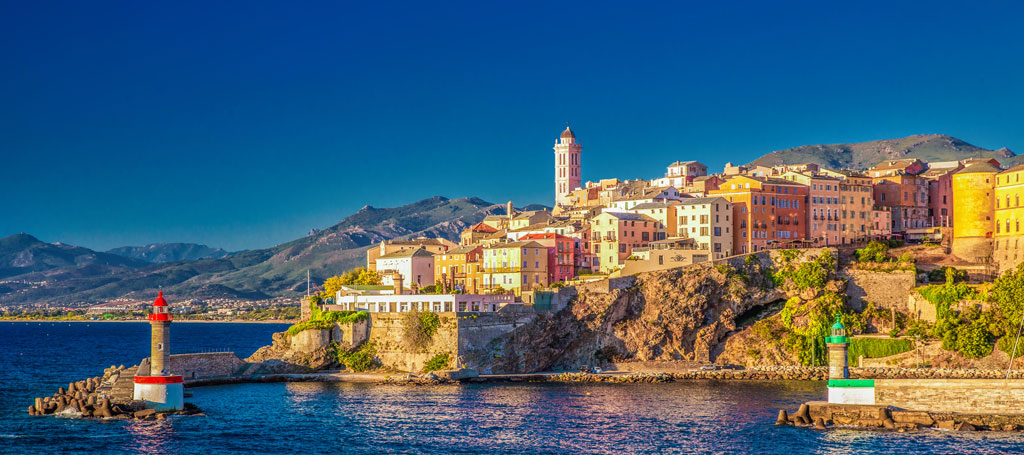
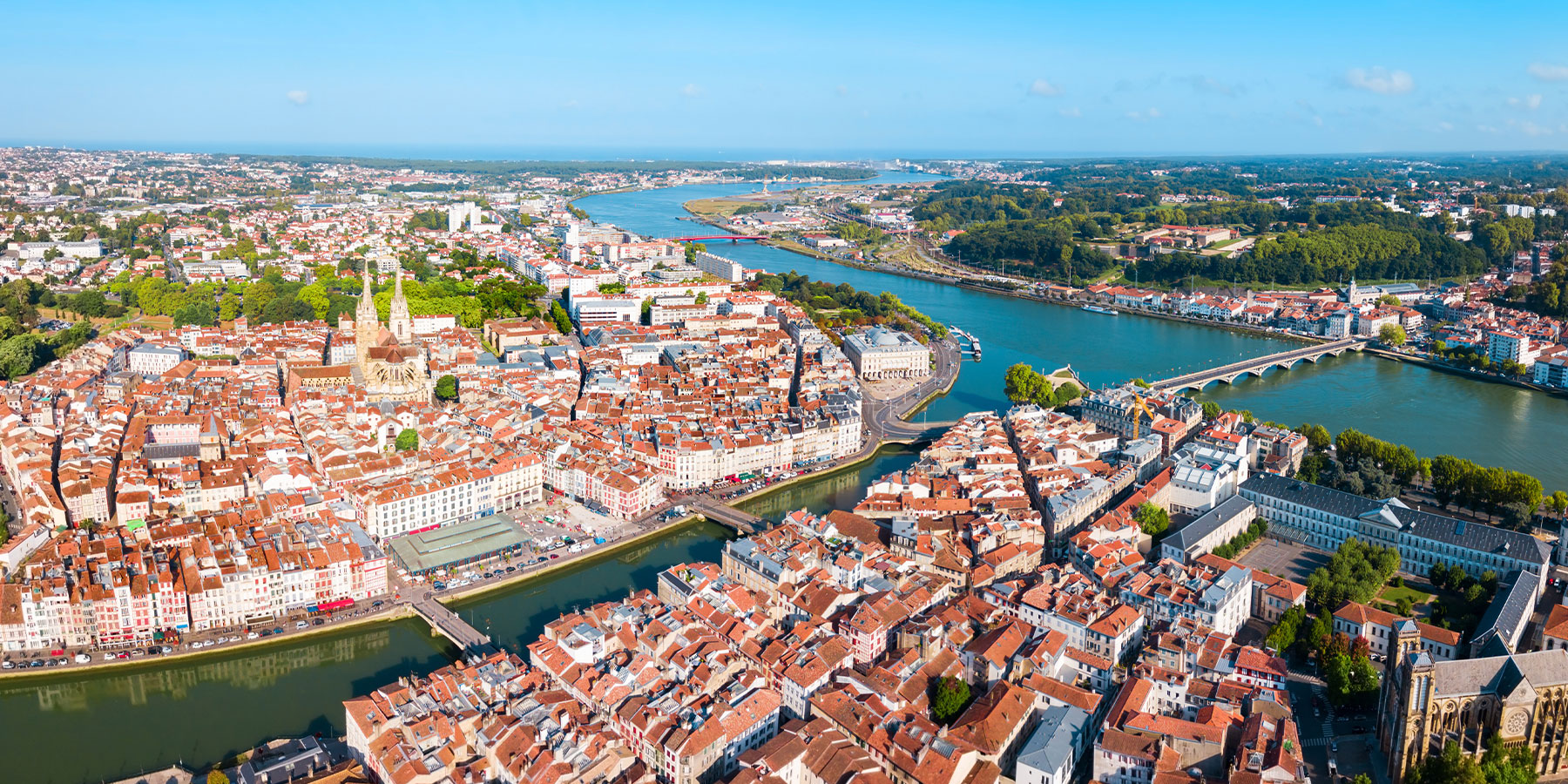

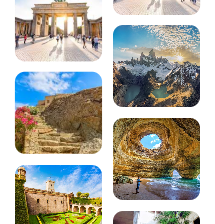

Comments